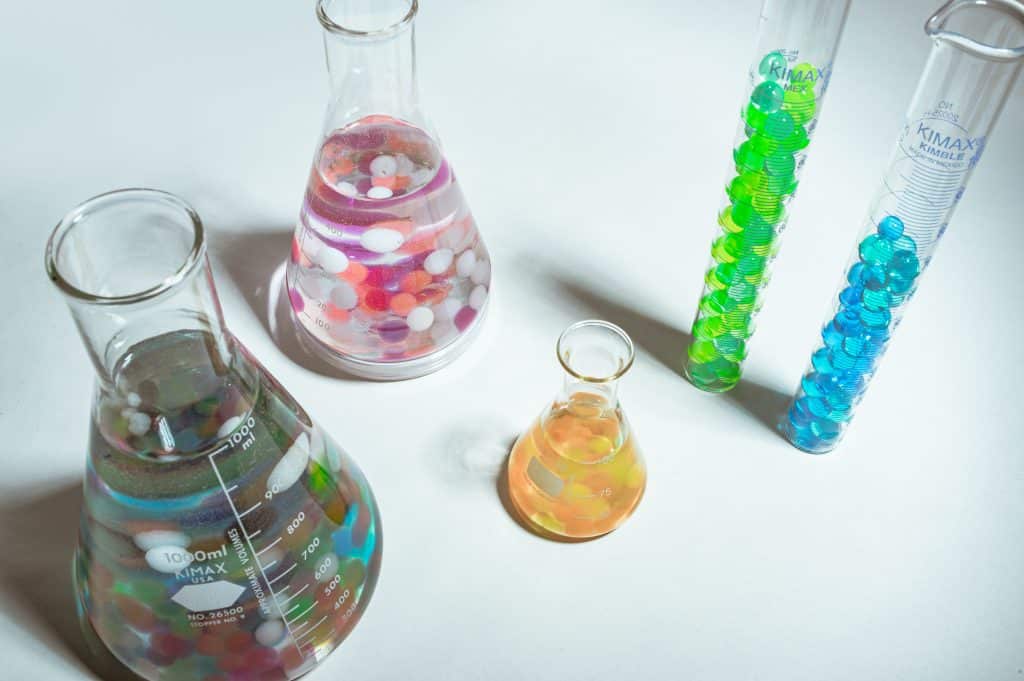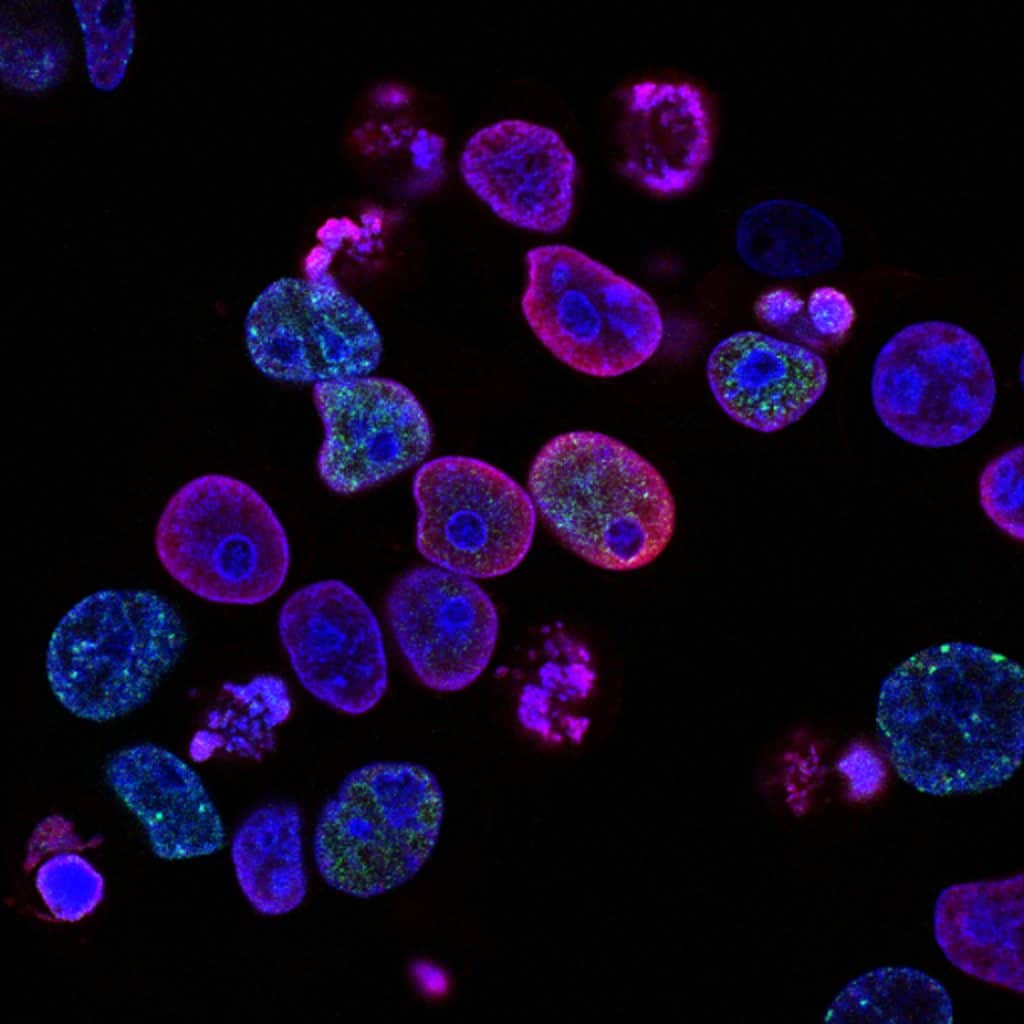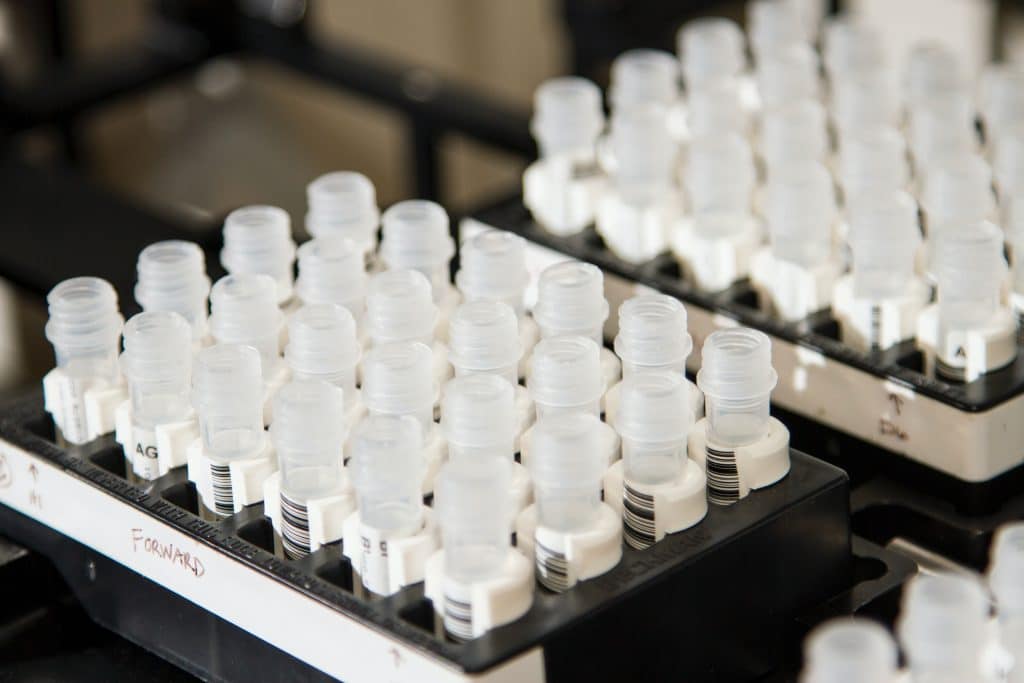As the world progresses, so does technology. Biotechnology is one of the most recent innovations in technology.
While people have been altering organisms and plants for centuries, biotechnology uses more precise genetic modification techniques to do so. In this article, we will explore the benefits of biotechnology and its impact on today’s society.
Learn in This Article
- What Is Biotechnology?
- Advantages of Biotechnology
- Risks of Biotechnology
- Ethics of Biotechnology
- Tools of Biotechnology
- Genetic Engineering
- DNA Sequencing
- Scientific Achievements of Biotechnology
- Our Takeaway
What Is Biotechnology
Broadly speaking, biotechnology is the application of technology to living organisms to create new products. This ranges from the production of food and medicine to the development of new renewable energy sources.
In recent years, biotechnology has become increasingly important in battling numerous environmental issues, including climate change. For example, scientists are now using biotechnology to create fuels that are less damaging to the environment.

Advantages of Biotechnology
It’s not a secret that biotechnology has the potential to solve some of the world’s most pressing problems.
One of the great benefits of biotechnology in agriculture is that it can create healthier alternatives and reduce hunger. For instance, vitamins and minerals created in croplands can reduce health issues that arise from nutrient-deficient diets.
Apart from bettering agriculture, there are also notable benefits of biotechnology in medicine. In recent years, we have been able to understand so much more about genetic diseases and cancers. This paved the way for researchers to create more effective treatments and cures, allowing people to live longer and healthier lives.
Finally, biotechnology can also be used to develop more efficient and sustainable methods of production, which would help preserve our natural resources and protect the environment.
Risks of Biotechnology
As with any new technology, there are some risks associated with biotechnology. One of the most significant risks is the possibility of accidental release of genetically modified organisms (GMOs) into the environment, which could negatively affect our ecosystems and human health.
Additionally, the negative impact of biotechnology is that it can also be used to create biological weapons. However, it should be noted that these risks are largely theoretical at this point and have not been realized.

Ethics of Biotechnology
Whether or not you choose to use biotechnology, you should look into its most pressing ethical issues.
Some people have moral concerns about manipulating the genes of living organisms. Others worry about the possibility of using it in unethical ways, such as creating “designer babies” or increasing the inequality between rich and developing countries.
Tools of Biotechnology
Now that we’ve covered the pros and cons of biotechnology, you might be wondering about what tools are used to create these new technologies.
Genetic Engineering
One of the most important tools in biotechnology is genetic engineering, which is the process of altering an organism’s genetic composition using recombinant DNA (rDNA) technology. This can be done by inserting new genes into an organism or deleting or modifying existing genes.
DNA Sequencing
DNA sequencing is a technique used to determine the exact sequence of bases (A, C, G, and T) in a DNA molecule in a laboratory setting. This process makes it possible to store and analyze large amounts of biological data.

Scientific Achievements of Biotechnology
It’s not surprising that biotechnology has led to many significant scientific achievements. For example, it has been used to create vaccines for diseases like polio and measles. One of the benefits of biotechnology in the environment is that it’s used in developing new crops resistant to pests and diseases. As a result, food production has increased, and the quality of life of people around the world has drastically improved.
More recent scientific developments include the introduction of cell therapies and nanotechnology.
Benefits of Biotechnology: Key Takeaways
So, is biotechnology a miracle cure-all that can save the planet, or is it a dangerous tool that should be avoided at all costs?
As you can see, there are pros and cons to both sides of the argument. It’s important to consider the benefits and risks before forming your opinion and making any decisions about the use of biotechnology.
Frequently Asked Questions
Biotechnology has a variety of purposes, especially in the agricultural, medical, and environmental sectors. For example, biotechnology has primarily contributed to the creation of new medicines and vaccines, the development of new crops, and the production of renewable energy.
Biotechnology can help with numerous global problems, such as food security, diseases, climate change, and energy. It provides new ways to treat illnesses, develop new sources of energy, and improve our overall quality of life.
